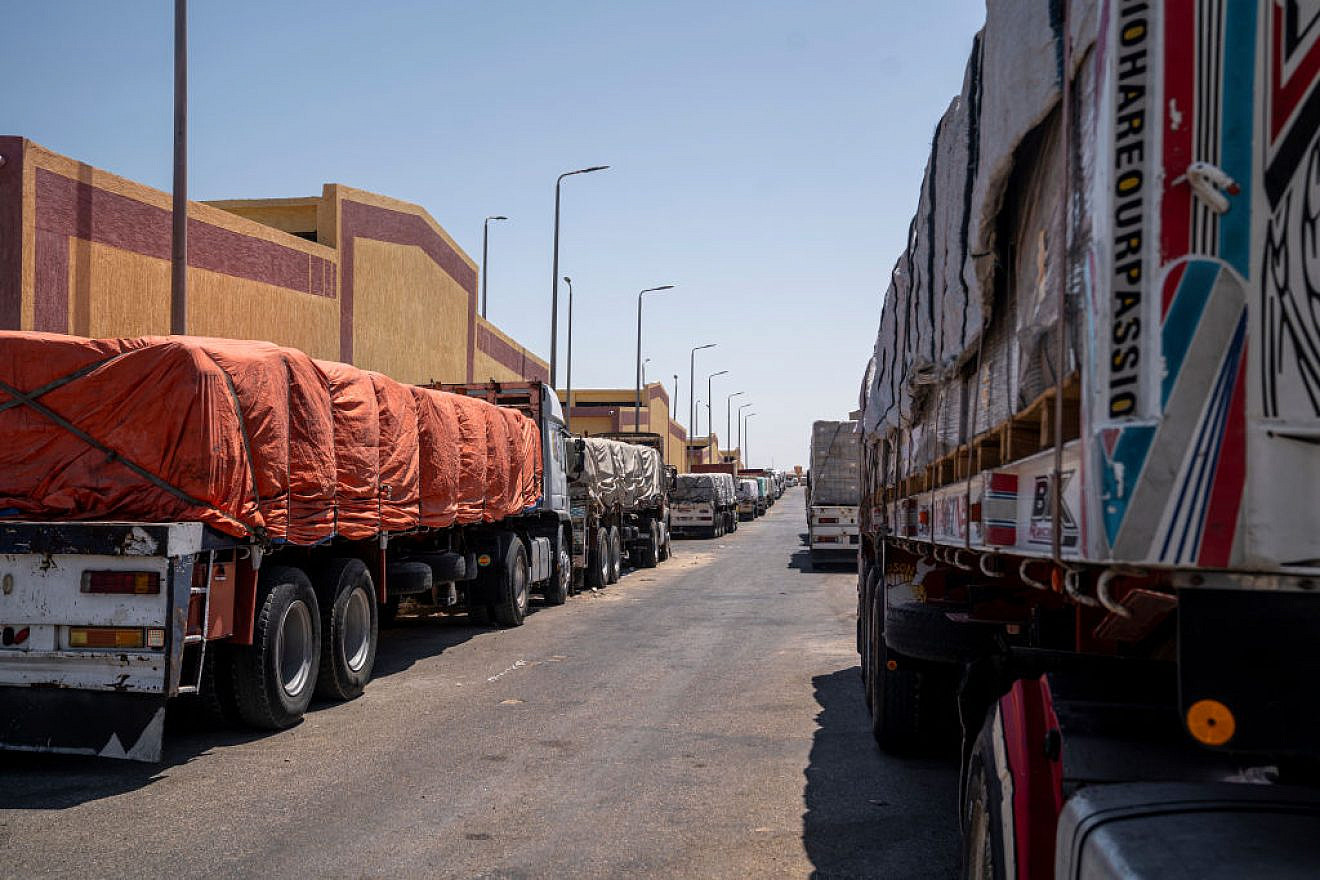“Steady progress.” Those are the words one hears from all sides involved in the renewed attempts to forge a hostage deal between Israel and Hamas.
The efforts began after Hamas dropped its demand that Israel agree to end the war in the first stage of the proposed framework, which is to last 42 days and lead to the release of 33 hostages—not all of them alive.
‘An end to the war’
Hamas did indeed declare that it is dropping its demand for a complete halt to the war already during the first phase of the framework, the so-called humanitarian phase. But this is only partly true, because Hamas has a new demand, that on day 42, after the first phase of the hostage deal ends, negotiations will start on phase 2, and will continue until a deal is reached—all the while as Israel continues to hold its fire in Gaza.
“Hamas demands guarantees from the mediators, including the U.S., that Israel will not return to fighting, that the negotiations for phase 2 (in which the terrorist group would be expected to release the soldiers and the corpses) will last forever,” Uzi Rabi, director of the Moshe Dayan Center for Middle Eastern Studies and African Studies at Tel Aviv University, tells JNS.
“I believe that Hamas will not go to a deal in the event that Israel can return to fight. Hamas is afraid because Israel is continuing its operation in Gaza and time is currently not in its favor, because Israel is not facing international pressure. And so it is trying something different here,” Rabi says.
The Rafah Crossing and the Philadelphi Corridor
“In every scenario, Israel will continue to control the Rafah border crossing and the Philadelphi Corridor,” Prime Minister Benjamin Netanyahu said this week.
“What exactly did he mean?” one foreign diplomat asked JNS. “It sounds very vague to me. He can’t say Israel won’t leave them, because then the talks will break down, and he can’t say Israel will leave them, for political reasons. So everyone can hear what he wants to hear.”
These two strategic areas in the southern Gaza Strip, on the border with Egypt, have been a crucial lifeline for Hamas. Underneath them are massive tunnels that allowed the transfer of weapons and ammunition. The Rafah border crossing was Hamas’s economic connection to the outside world, allowing the terrorist government to exact money for every truck entering the Gaza Strip.
Hamas is demanding Israel withdraws from these two areas. The U.S. and Egypt are proposing that they install electronic sensors and build a slurry wall so Israel will know of every tunnel or route that is rebuilt if the IDF leaves the Gaza-Sinai border.
Knesset member Amit Halevi (Likud), one of the strongest voices against an Israeli withdrawal from the border, tells JNS, “If you do not control the area, do not expect to succeed. Israel should had had control of the area already on October 8, Israel should have said that from now on we are managing the border area, civilly and militarily.
“I very much hope that Israel will not leave the Rafah Crossing, because it [the IDF taking control of the Gaza side of the border] was an operation of strategic value. What the government should have done was to raise Israeli flags there and put Israeli officials in the crossing, so that those who want to enter from Egypt have to pass through Israel. If we leave, it will return to being a well-oiled smuggling machine. Hope we don’t get there,” Halevi says.
Terrorist release and northern Gaza
On two issues, the Hamas terrorist organization refuses to accept an Israel veto. It refuses to allow Israel to prevent people from going from the south to the north of the Gaza Strip, while Jerusalem demands security checks so no terrorist can move to the north.
And on the question of which terrorists will be released in return for the release of Israeli hostages, Israel demands the right to veto some names on the list to prevent them from returning to Gaza.
Some expert think that Hamas might compromise on these issues, because they are of lesser strategic importance for it.
“It wants a deal that leads to the end of the war. That is what important for it,” Rabi tells JNS. “I connect this to the IDF’s Rafah operation and the rising voices in Gaza demanding that Hamas bring about a solution where the war will end.”
Several officials involved in the negotiations tell JNS they don’t know how the new round of talks will end, but even if an agreement is reached, “it will take weeks.
“The gaps [between the parties] still exist. But there is cautious optimism that the talks in Doha and Cairo will bring us to an agreement,” they say.
Amichai Stein is the diplomatic correspondent for Kan 11, IPBC.


























